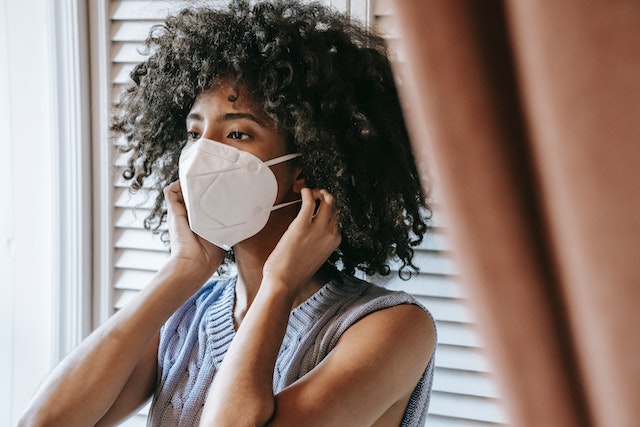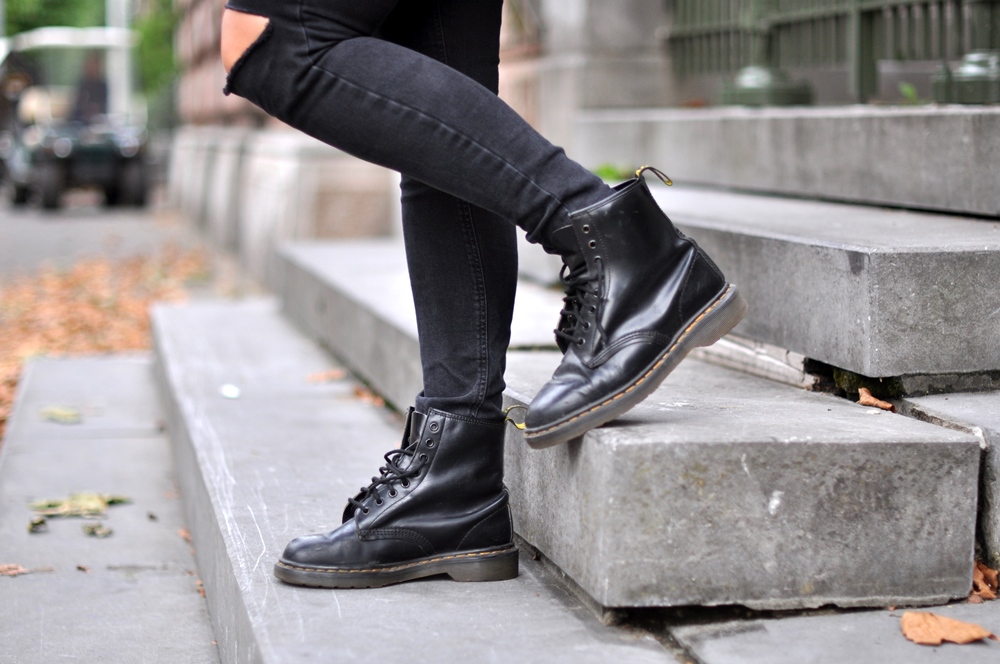Hospitals are responsible for treating an enormous range of conditions, and some of them are highly infectious, like Covid-19, which has left people asking how they prevent the spread. This is the question we answer throughout this article.
An Isolation Plan
Every hospital needs to have protocols in place for everyone to follow up on the discovery of a highly infectious disease. The document should include information on which type of patients need isolating and how.
Regular Hand Washing
Hand washing is essential for controlling the spread of infections, and everyone should know how to do this properly by now. Using antibacterial soap, wash hands with warm water for at least 20 seconds.
Infection Control Training
All hospital employees should receive training on how to reduce the spread of diseases. Additionally, members of the team should know how to identify infections including droplet-borne and bloodborne pathogens.
Swift Contagion Identification
Efforts must be made to identify contagious infections swiftly, which includes testing patients with several symptoms. For example, those admitted with respiration problems should be tested for the flu, and anyone with diarrhoea should be ruled out for Clostridium difficile.
Daily Changing of Dirty Linens
All linens must be properly cleaned and sanitised, and this needs to be carried out daily while beds are in use. If any linens fall onto the floor, they must be isolated and cleaned straight away. Other fabrics including disposable or washable curtains, like those found at medical-supermarket.com, also need to be washed or disposed of after use.
Store Food at Proper Temperatures
The majority of hospitals provide meals for patients and staff, but this can introduce contagious pathogens if not stored correctly. Therefore, any food on the premises needs to be kept at the correct temperature.
Clean and Disinfected Surfaces
Hospitals need a clean-as-you-go policy, which involves disinfecting all surfaces between each patient. Common areas also need to be cleaned regularly, which is why hourly and daily cleaning schedules need to be in place.
Using Appropriate PPE
Healthcare professionals aren’t required to wear gloves at all times, but they should when dealing directly with any type of bodily fluid, and this includes those on surfaces and linens. As well as gloves, hospitals should provide a range of infection-control PPE, which includes shoe covers, masks, face shields, and waterproof gowns.
No Barefoot Patients
Wearing shoes is the last thing anyone wants to do when they’re ill, but avoiding direct contact with the floor is essential for preventing the spread of diseases. Therefore, non-slip socks or slippers must be worn by patients and visitors of patients. This measure may seem extreme, but it will prevent pathogens from being passed between rooms.
Hospitals are responsible for safeguarding patients, staff, and the general public, which is why they need to put extensive measures in place to prevent the spread of infections. Typically, this involves staff training, protective gear, and high levels of hygiene/cleaning. To make sure everyone is on the same page, an isolation plan also needs to be in place.


























